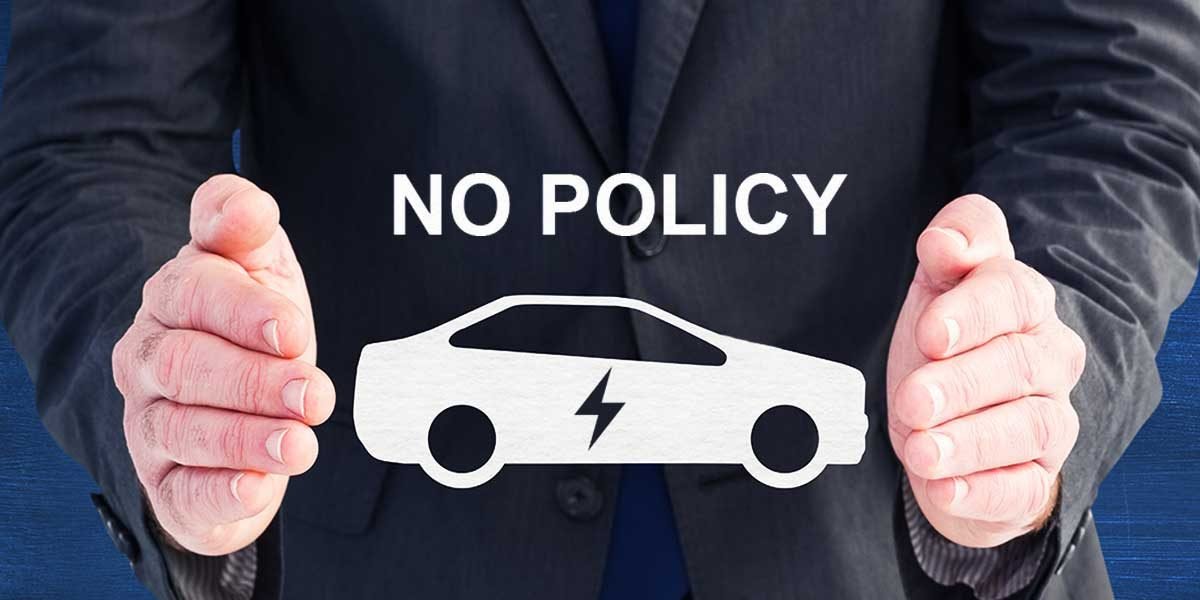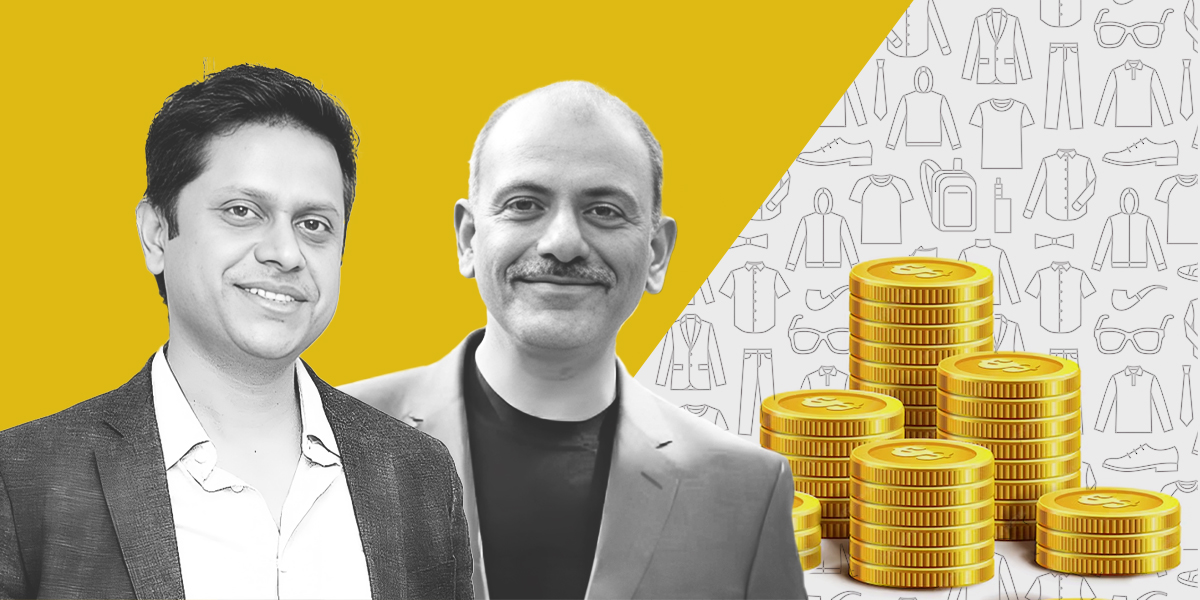The dilly-dallying of the government on the introduction of electric vehicles is continuing. Not long ago, in August last year, Union minister Piyush Goyal envisaged an ambitious plan to turn India into an all-electric-vehicles country by 2030.
Five months later, in January 2018, the government moved away from its previous statements, with Minister of State for Heavy Industries and Public Enterprises Babul Supriyo giving a twist to the matter.
In a written reply in the Lok Sabha, Supriyo said there were no plans under consideration of the Department of Heavy Industry to power all vehicles in the country with electricity by 2030.
Last week, the government further cleared its position, making a swift U-turn from previous announcements, as it decided against formulating an electric vehicles (EVs) policy.
Nitin Gadkari, minister for road transport, said last week that the Centre will not formulate an electric vehicles policy and rather work for holistic development of the automobile sector in India. Besides, no further incentives will be accorded to the industry other than the existing ones.
In the wake of the confusing signals, automobile makers want further clarity and assurance from the government on the electric vehicles policy.
A group of top vehicle makers — Hero Electric, Okinawa Scooters, Mahindra and Mahindra and Tata Motors, called Society of Manufacturers of Electric Vehicles (SMEV) — is planning to meet government officials to seek clarity on the position on electric vehicles, said a Mint report.
The group plans to meet NITI Aayog chief executive Amitabh Kant and heavy industries minister Anant Geete next week, according to the report.
Subsequently, SMEV plans to write to the Prime Minister’s Office (PMO) after getting feedback from Kant and Geete.
The industry body is seeking more subsidy on electric two-wheelers – currently fixed at up to Rs 22,000. They want the government to spend the entire subsidy amount over two or three years rather than five or six years.
The body also wants the second part of the FAME (subsidy) scheme to be implemented immediately, from April 2, as the existing version of the scheme, if continued, would be meaningless.
SMEV believes that electricity-powered vehicles are the way forward and not hybrid ones, and the government should focus on promoting electric two-wheelers and three-wheelers along with public transport buses in the next few years.
It is important for automobile makers to know the government’s position to make critical future investment decisions.
However, the government’s constant U-turns are likely to benefit the automobile manufacturers that have not developed electric vehicles.













